
Get the truth about obtaining the most lucrative international students opportunities & international full scholarships for Jamaican students
“College admissions”. The big bad words that many students — and parents — face at the end of high school. With all the sources bombarding us when it comes to the college application process, finding the BEST sources can be tough. Obtaining full scholarships to colleges in the US is a blend of strategy (including profile building from first form), demographics (race AND academic interest for example can play a big role), and the student and the school(s) to which he/she applies.
Learning to put the pieces together based on the latest developments on the college admissions scene ahead of time is key in getting the results you desire. Knowing where to start and what to look for are the basic foundations of a successful college admission process.
Do The Research
You should start by looking at whether or not the school of interest offers financial aid to international students. It sounds simple, but I can’t count the number of students who come to AIM having applied to many schools that don’t offer aid to international students. They get in, get the bill, and it all ends there. The most accurate information about a school’s offerings will come from the school website itself. While PrepScholar and similar websites can help with general information, going straight to the horse’s mouth is the best bet when it comes to financial aid policies.
Use Google, school websites, talk to your older friends, or consult an expert, which is always the recommended path if you’re serious about getting full scholarships because the process is not at all transparent for most schools.
In the world of scholarship, there are a few basics you need to know going in:
There are two main types of scholarships — need-based and merit-based — and each type requires different approaches.
Colleges are either ‘need-aware’ or ‘need-blind’, meaning that when they are making their admissions decisions, they either take your financial situation into account (need-aware) or they don’t (need-blind).
International students beware! Many colleges advertise being need-blind, but this is often only the case for US citizens. Read the fine print when it comes to the status of the school.
Need Or Merit FULL Scholarships?
Next, you need to understand whether the school offers need-based aid, merit-based aid, or both. Usually, if your parental income is over US$175,000 per year, you will not qualify for need-based financial aid. Next, look at the admissions statistics and see where you fall in terms of GPA and testing.
For serious money, you should be in the top 25 per cent of admitted students in terms of academic statistics. Remember, for most schools it is HARDER to get in if you apply for financial aid (need blind vs need aware admissions).
what is a full scholarship anyway?
Let’s talk a bit about what a ‘full’ scholarship really is. Keep in mind that while tuition comprises the majority of college expenses, it isn’t everything. The average tuition of a private college in the US is upwards of US$40,000 per year, yet the average family contribution for students at private colleges without any financial aid is closer to US$60,000 per year.
This extra US$20,000 comes from the combined costs of room and board, meal plans, textbooks, travel expenses, and the list goes on. The hidden costs of college really do add up. So be wary when you see the word “full” with respect to scholarships. Are they full scholarships? Or is it a full ride? Those are two very different things. Cost of attendance takes most costs, direct and indirect, into account while tuition and room and board calculations do not.
So Can I Get a FULL Scholarship?
It depends on the school you are applying to and how competitive you are in the pool of applicants they typically consider. But don’t take it for granted. Usually a Strong SAT score, high GPA, extra-curricular impact and record of achievement, and outstanding personal attributes come together at the right school and that can mean a full ride.
First published in the JamaicaObserver.com Career & Education
Nicole McLaren Campbell is the founder and CEO of AIM Educational Services, an independent college admissions counsellor, and public speaker. Contact her at nicole@aimeduservices.com.


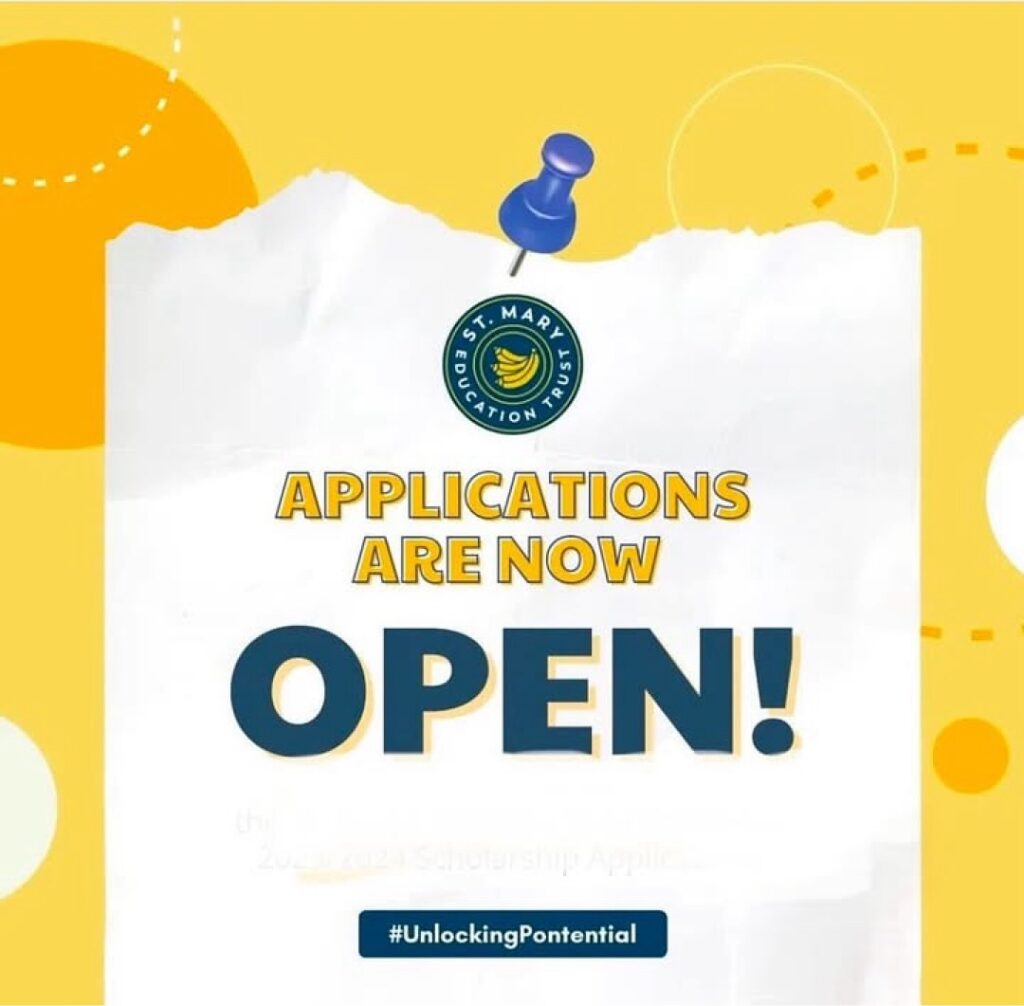
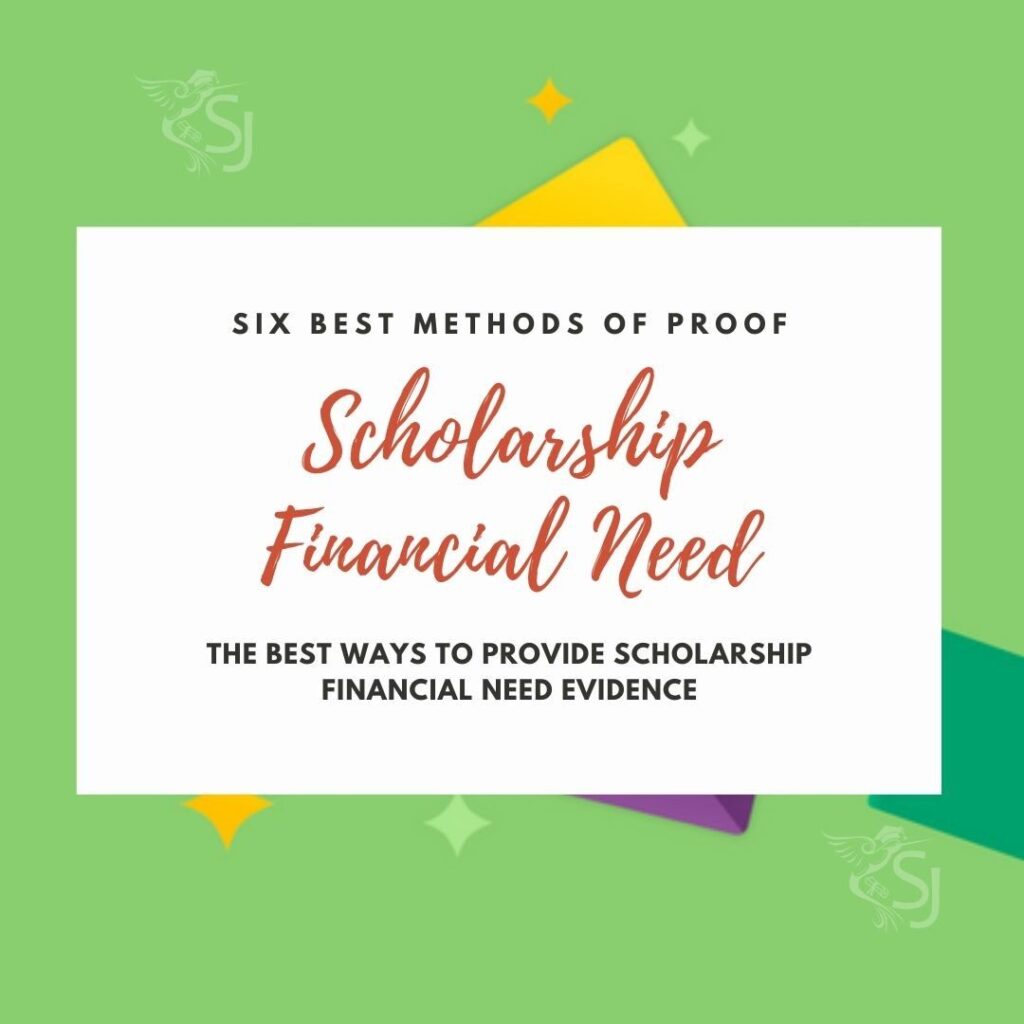
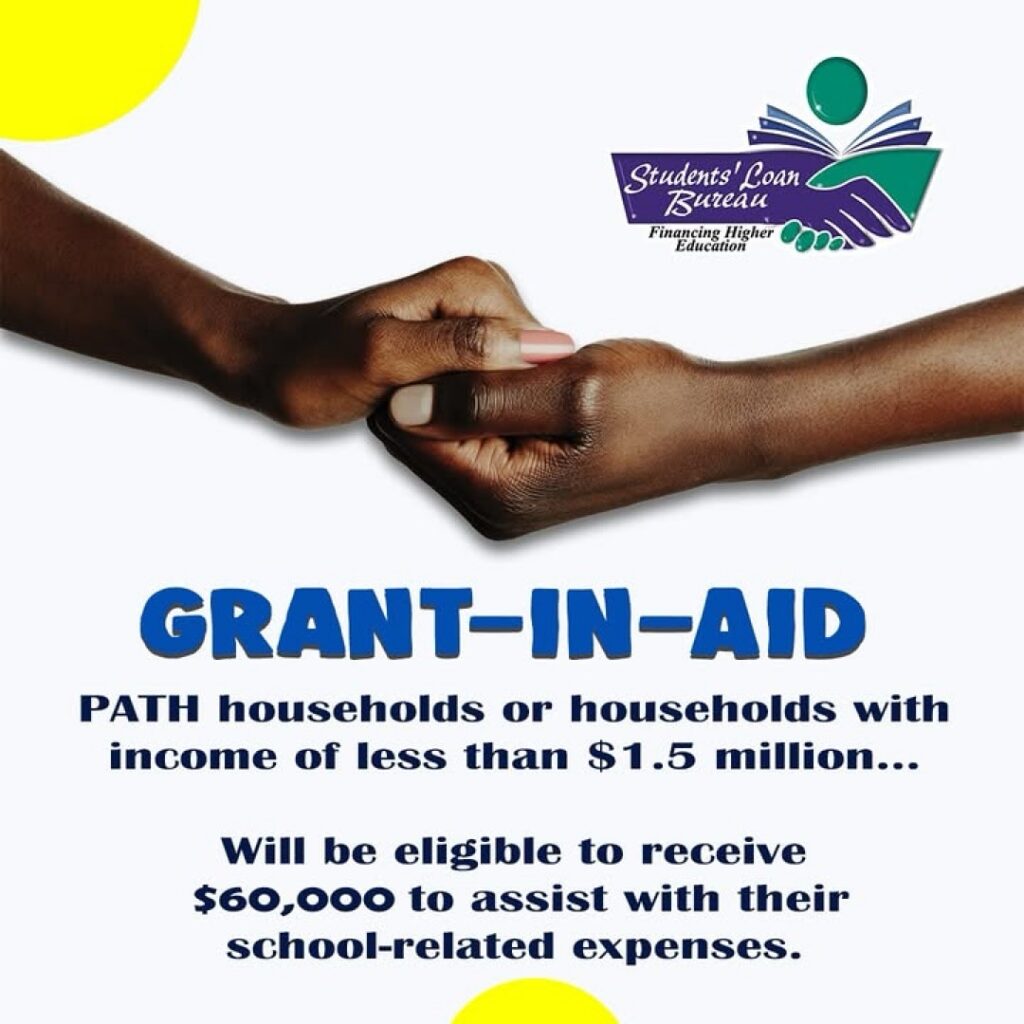

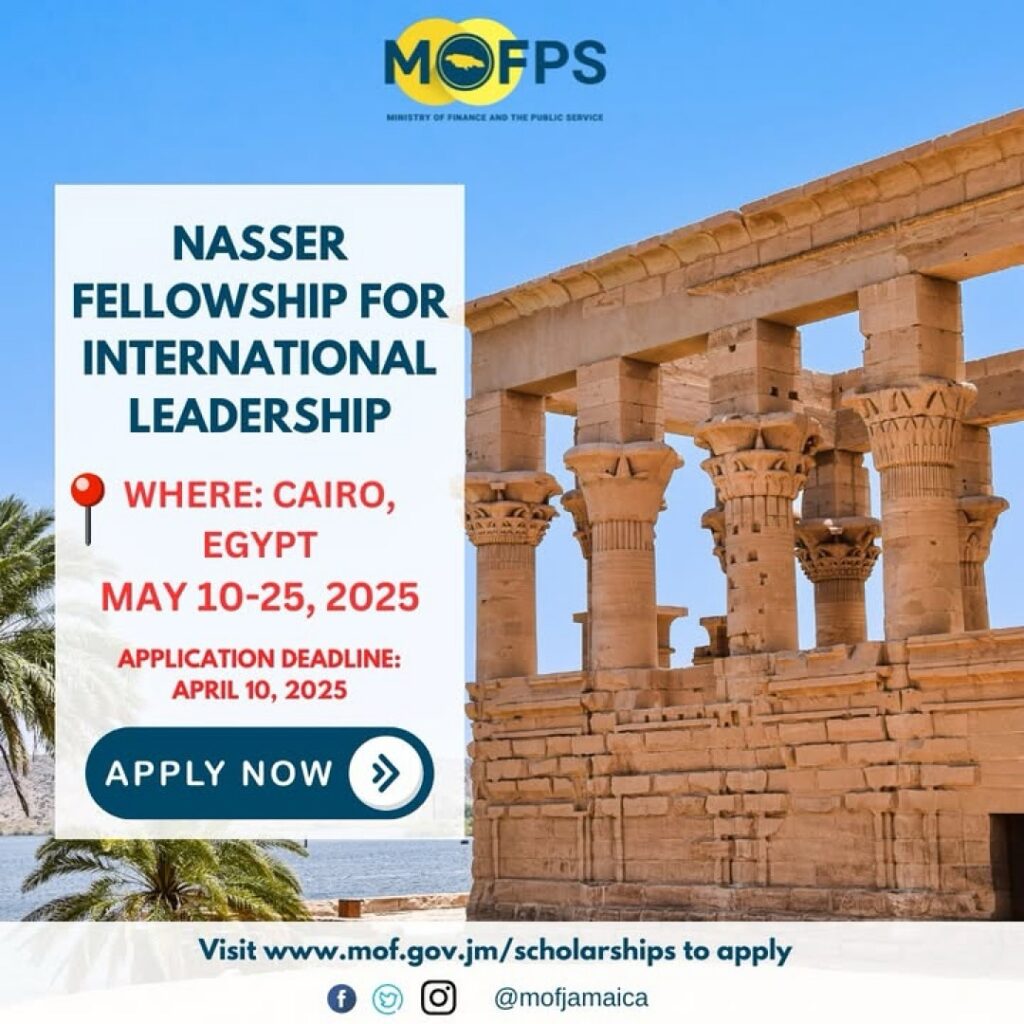
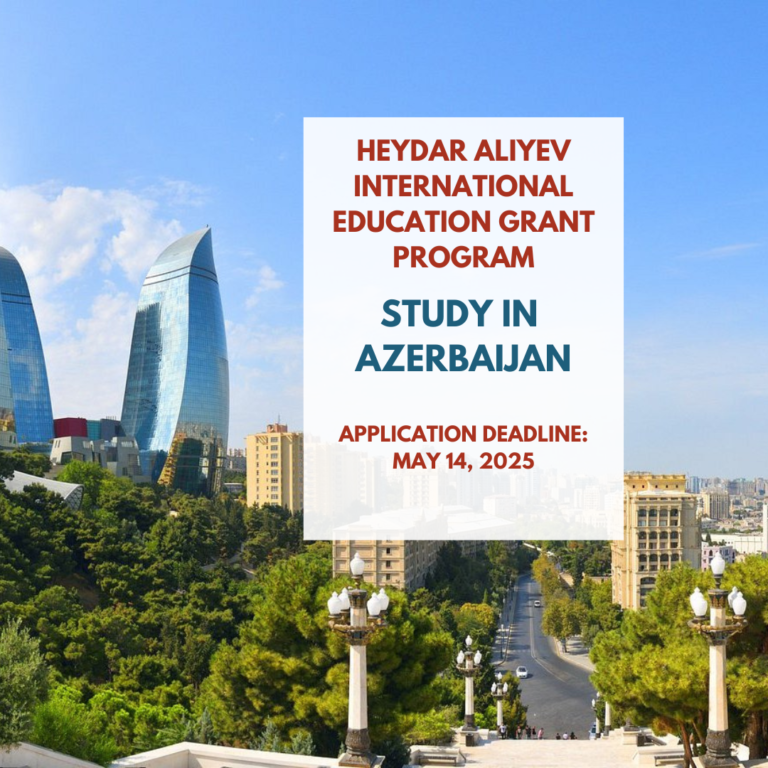
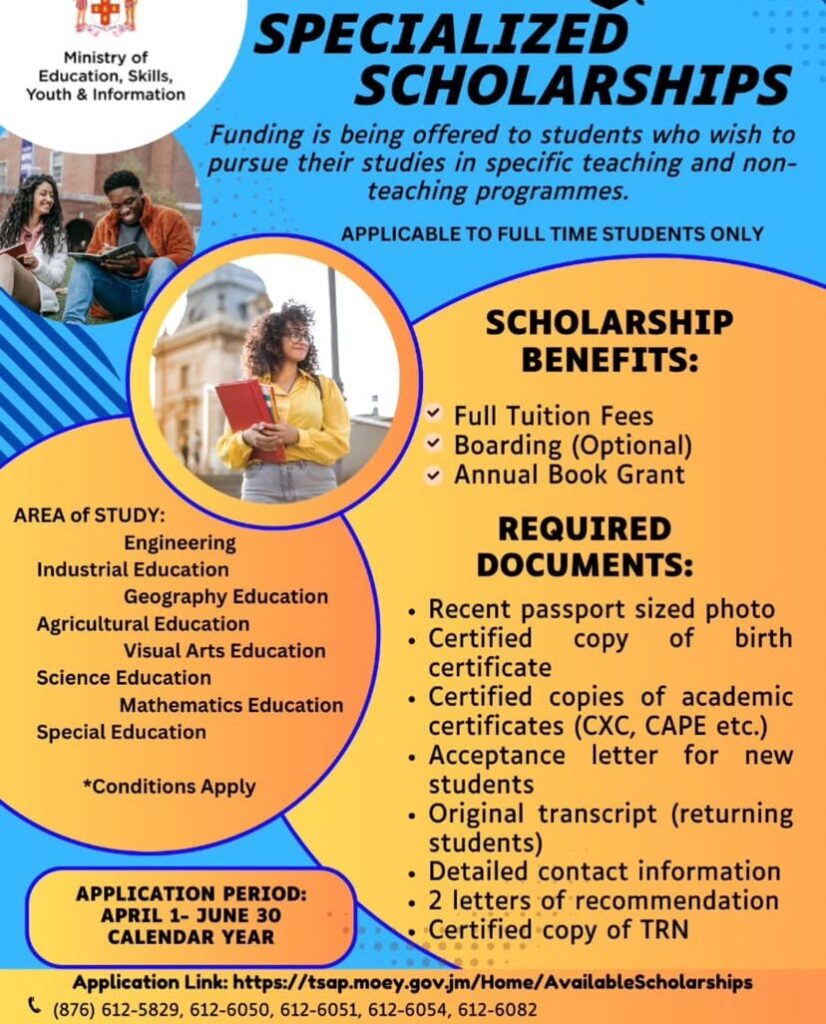
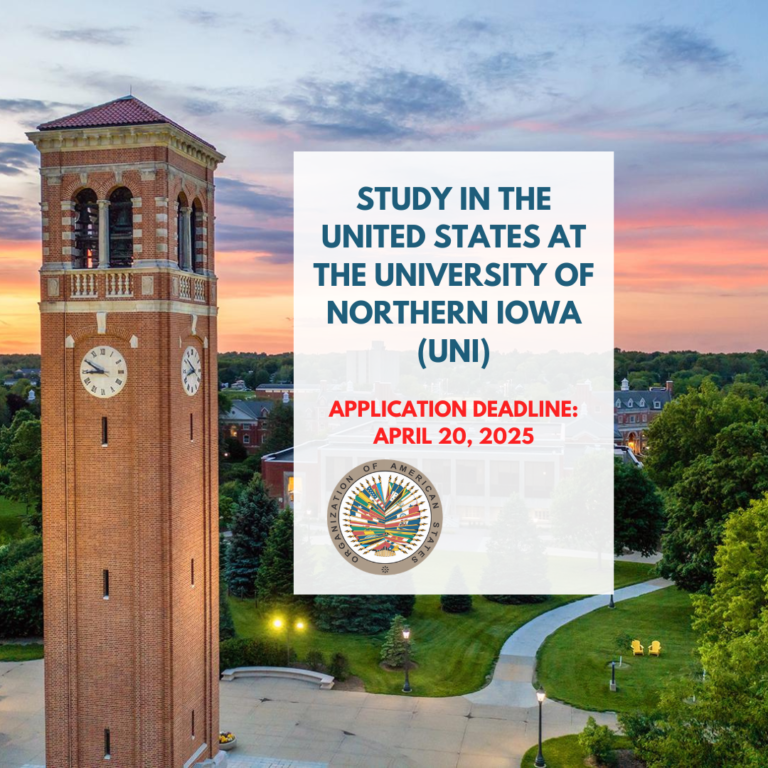

Comments are closed